On June 9, 2025, the Office of the Director of Public Prosecutions (ODPP) officially cleared Kelvin Moinde of all charges after completing a detailed inquiry.
A public statement was released on their official X account confirming that the Director of Public Prosecutions (DPP) had reviewed the investigation file and found no adequate evidence to move forward with a case against him.
According to the ODPP, they received and carefully studied the inquiry file and concluded that there was no sufficient evidence to charge Mr. Kelvin Moinde.
The statement also emphasized the ODPP’s role in ensuring justice, fairness, and adherence to the law while protecting public interest.
This decision is closely tied to a wider and troubling case that involved Albert Ojwang, who was arrested alongside Moinde over an online post reportedly targeting Deputy Inspector General (DIG) Langat.
The arrest of both individuals raised eyebrows from the beginning, but the situation turned tragic when Albert Ojwang died in police custody.
Authorities initially claimed that Ojwang sustained fatal head injuries after hitting a cell wall.
However, many Kenyans have questioned this version of events, pointing to possible foul play or misconduct by the police.
His death sparked public anger and demands for an independent investigation into how he was treated while in custody.
The ODPP’s move to clear Kelvin Moinde has only made the public more frustrated, especially among those who believe both men were wrongfully arrested based on unverified information.
With Moinde now free and officially declared not to have committed any crime, the focus has shifted even more sharply to what exactly led to Albert Ojwang’s death.
For many, this confirms their fears that Albert Ojwang was arrested without cause and lost his life due to police abuse.
Some are now openly stating that Albert was killed for nothing, a painful reminder of the flaws within the criminal justice system.
Civil rights groups and Kenyans have renewed their calls for full accountability, saying that justice for Ojwang is far from achieved.
They argue that clearing Moinde, while right, is not enough if no one is held responsible for Ojwang’s death.
These calls are growing louder as the public demands answers, especially in a country where deaths in custody have become too common.
The DPP’s refusal to prosecute Moinde is being seen as a confirmation that there was no real case in the first place.
It raises serious questions about why Ojwang was arrested, what evidence was used to detain him, and whether police acted within the limits of the law.
The incident has deepened public mistrust in the criminal justice system, and the ODPP now faces the difficult task of balancing its role in law enforcement while responding to growing demands for justice and accountability.
As it stands, Moinde walks free while the truth behind Albert Ojwang’s death remains unclear.
His family, friends, and concerned citizens continue to seek justice for a life that many now believe was taken without reason.
The incident has become a symbol of the dangers of abuse of power, and pressure is mounting on authorities to ensure that such tragedies are never repeated.






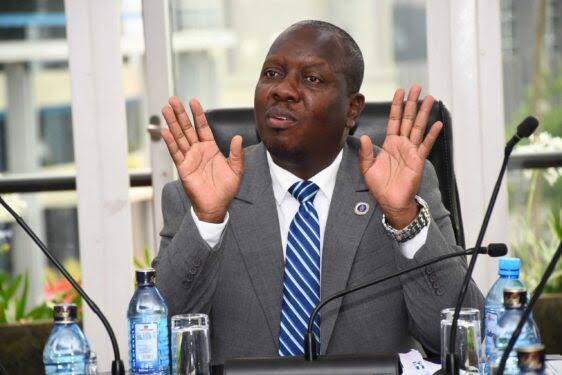
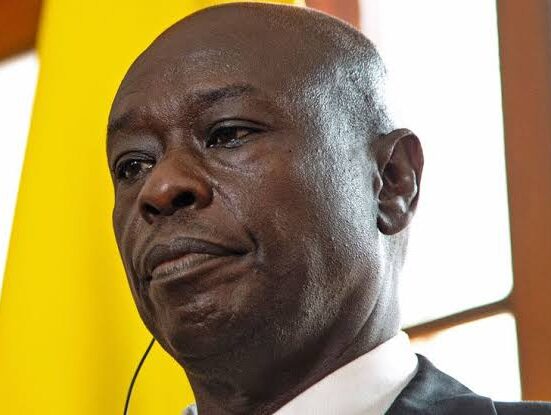
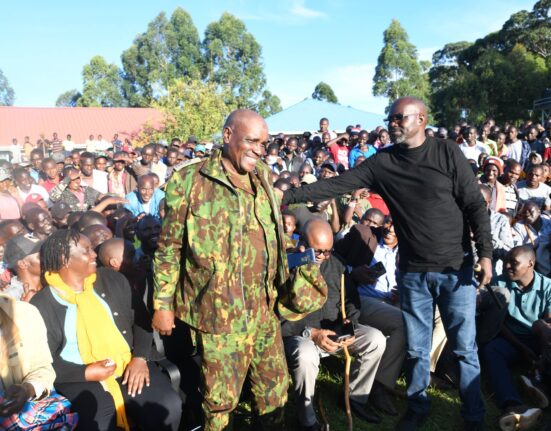
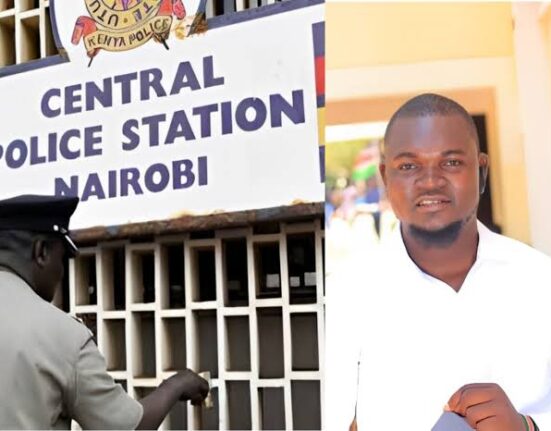
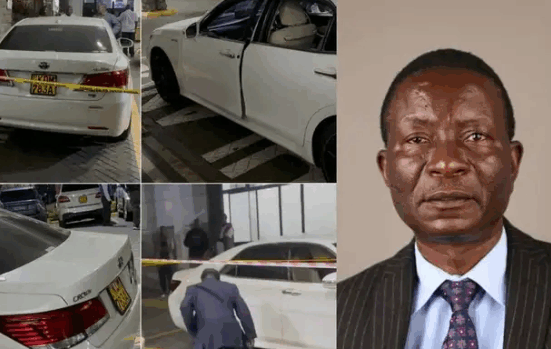
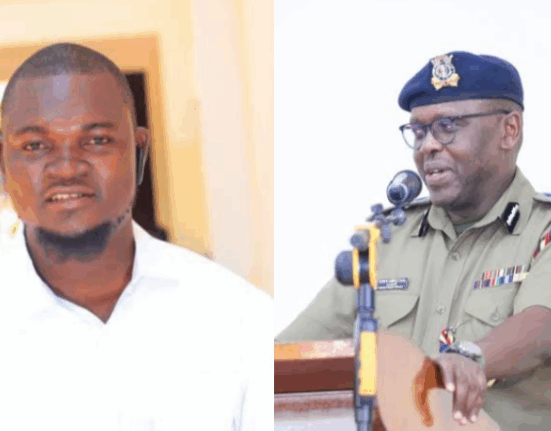
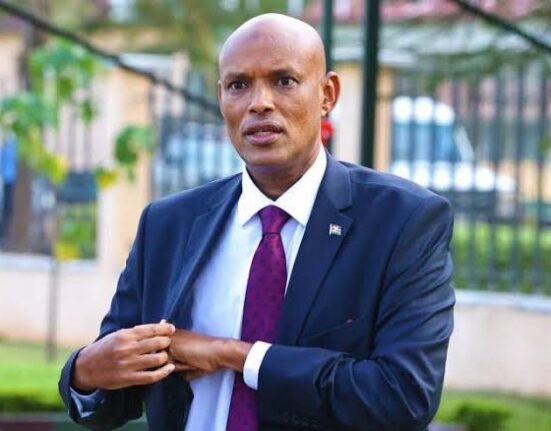
Leave feedback about this